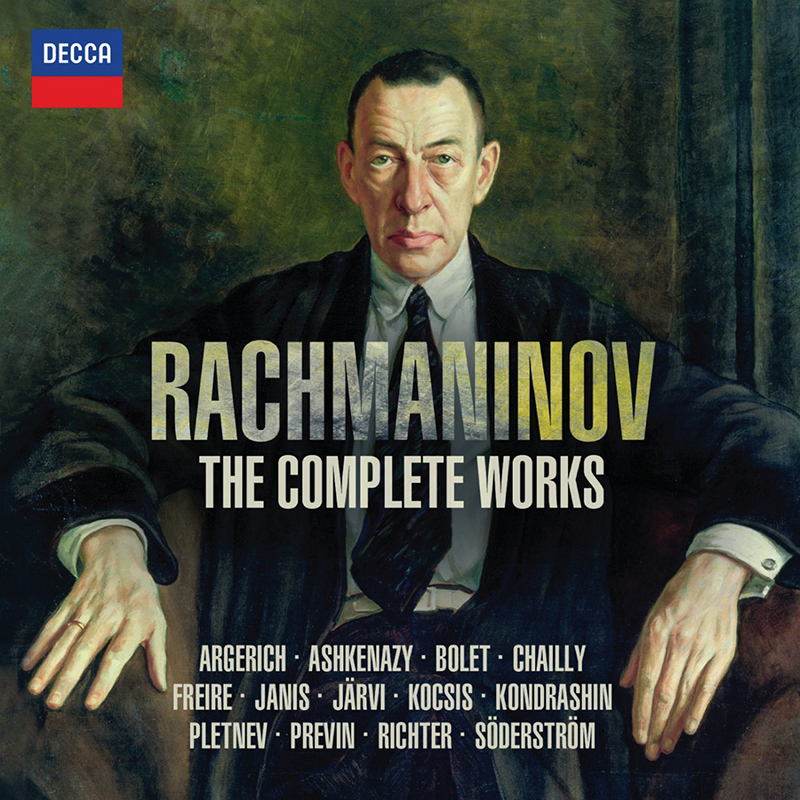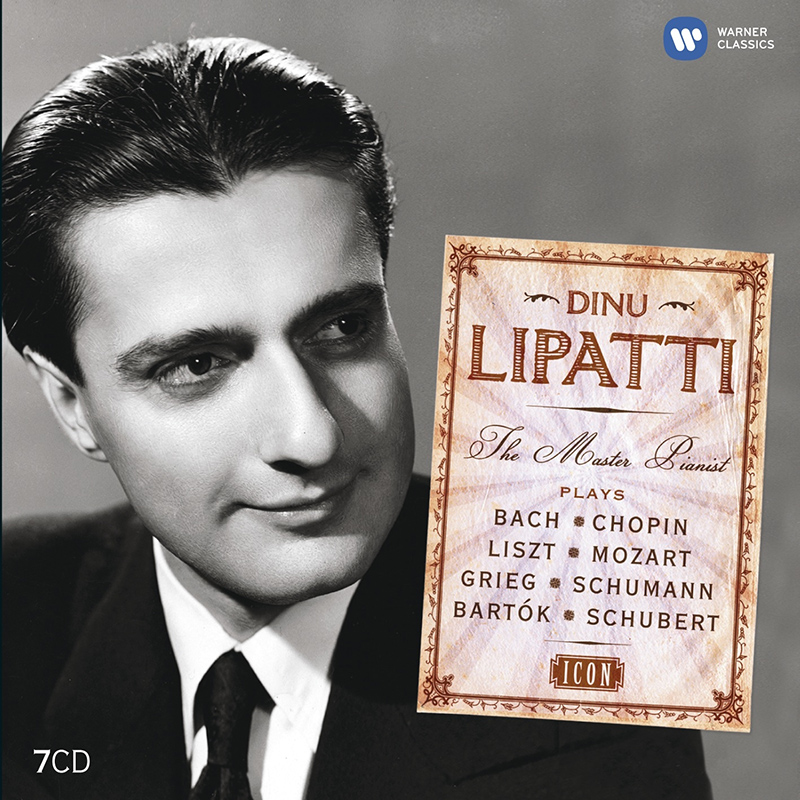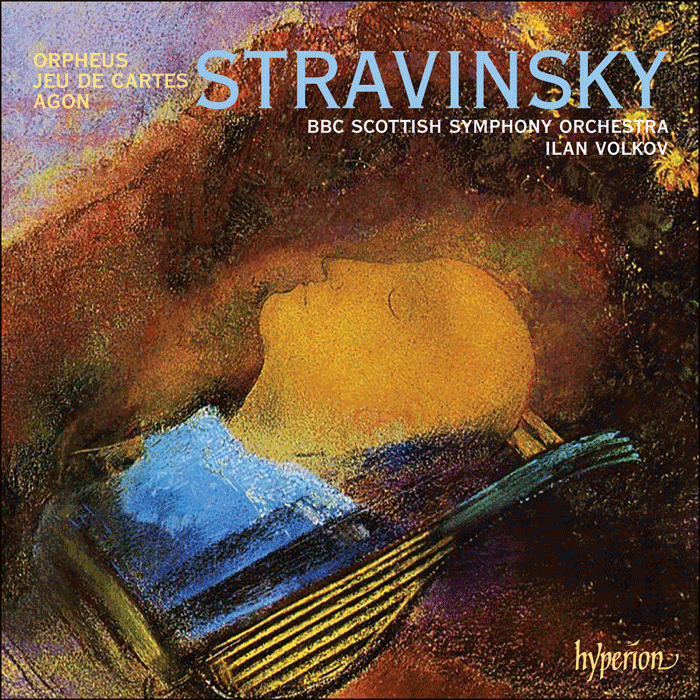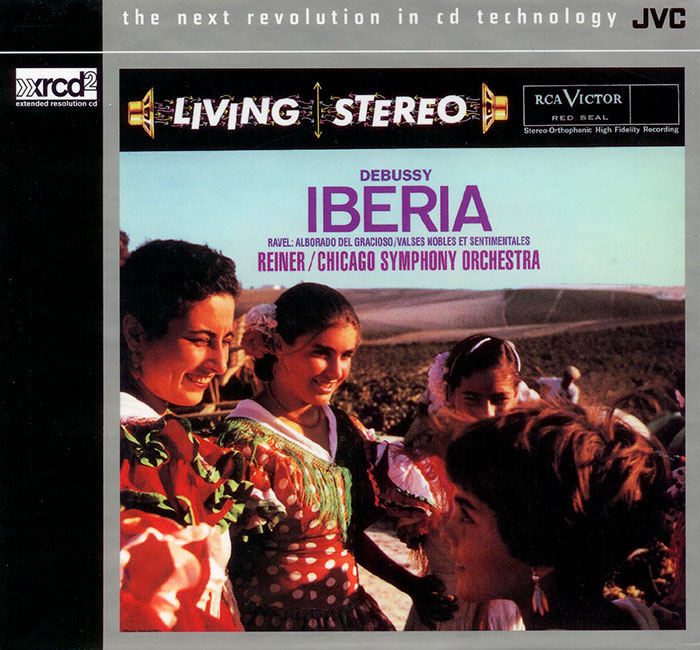Logowanie
KOLEKCJE!
BACH, CHOPIN, LISZT, MOZART, GRIEG, Dinu Lipatti, Otto Ackermann, Ernest Ansermet
The Master Pianist
PROKOFIEV, CHOPIN, TCHAIKOVSKY, SCHUMANN, BEETHOVEN, Martha Argerich, Claudio Abbado, Giuseppe Sinopoli
The Concerto Recordings
The Collection 2
Jakość LABORATORYJNA!
ORFF, Gundula Janowitz, Gerhard Stolze, Dietrich-Fischer Dieskau, Deutsche Oper Berlin, Eugen Jochum
Carmina Burana
ESOTERIC - NUMER JEDEN W ŚWIECIE AUDIOFILII I MELOMANÓW - SACD HYBR
Winylowy niezbędnik
ClearAudio
Essence MC
kumulacja zoptymalizowana: najlepsze z najważniejszych i najważniejsze z najlepszych cech przetworników Clearaudio
Direct-To-Disc
PIAZZOLLA, ChamberJam Europe
Tangos del Ángel y del Diablo
Direct-to-Disc ( D2D ) - Numbered Limited Edition
Dadawa
Sister Drum
podróż w krainę tybetańskiej duszy!
 Inżynierom z Japonii i Hong Kongu udało się złagodzić załamanie przebiegu cyfrowego, zbliżając się o kilka procent do wzorca pozbawionego wszelkich zniekształceń.
Moim jednak zdaniem ciekawszy jest technologiczny aspekt tej nowinki – sam krążek CD, a raczej sposób położenia na nim warstwy nośnej dla lasera i jej zabezpieczenie. Zrezygnowano z dotychczas powszechnie stosowanego poliwęglanu na rzecz fotopolimerów. Pozwalają one na bardziej precyzyjne wykonywanie zagłębień (pit) i wypukłości (land). A to warunek niezbędny do odwzorowania na płycie brzmienia jeszcze bardziej zbliżonego do walorów oryginału.
Płyta UHQCD wymaga ze strony melomana nieco większej troski. Należy m.in. unikać bezpośredniego i długotrwałego naświetlania jej promieniami słonecznymi. Warstwa informacyjna została maksymalnie pozbawiona kolorowych obrazków, krzyczących haseł i grafiki. Wszystko w celu zapewnienia laserowi idealnych warunków do odczytu warstwy nośnej.
I to słychać!
Pierwsze płyty w tym formacie to rzeczywiście brzmieniowe klejnoty. Obok Carmen Fantasie – jedno z najbardziej referencyjnych nagrań w dziejach fonografii – kilka krążków zaskakujących przejrzystością sceny ale przede wszystkim najbardziej poszukiwanym aspektem – naturalnością brzmienia.
To takie szklanki, które mimo ciągłego lania do nich wody, nigdy się nią nie napełnią do końca.
Inżynierom z Japonii i Hong Kongu udało się złagodzić załamanie przebiegu cyfrowego, zbliżając się o kilka procent do wzorca pozbawionego wszelkich zniekształceń.
Moim jednak zdaniem ciekawszy jest technologiczny aspekt tej nowinki – sam krążek CD, a raczej sposób położenia na nim warstwy nośnej dla lasera i jej zabezpieczenie. Zrezygnowano z dotychczas powszechnie stosowanego poliwęglanu na rzecz fotopolimerów. Pozwalają one na bardziej precyzyjne wykonywanie zagłębień (pit) i wypukłości (land). A to warunek niezbędny do odwzorowania na płycie brzmienia jeszcze bardziej zbliżonego do walorów oryginału.
Płyta UHQCD wymaga ze strony melomana nieco większej troski. Należy m.in. unikać bezpośredniego i długotrwałego naświetlania jej promieniami słonecznymi. Warstwa informacyjna została maksymalnie pozbawiona kolorowych obrazków, krzyczących haseł i grafiki. Wszystko w celu zapewnienia laserowi idealnych warunków do odczytu warstwy nośnej.
I to słychać!
Pierwsze płyty w tym formacie to rzeczywiście brzmieniowe klejnoty. Obok Carmen Fantasie – jedno z najbardziej referencyjnych nagrań w dziejach fonografii – kilka krążków zaskakujących przejrzystością sceny ale przede wszystkim najbardziej poszukiwanym aspektem – naturalnością brzmienia.
To takie szklanki, które mimo ciągłego lania do nich wody, nigdy się nią nie napełnią do końca.
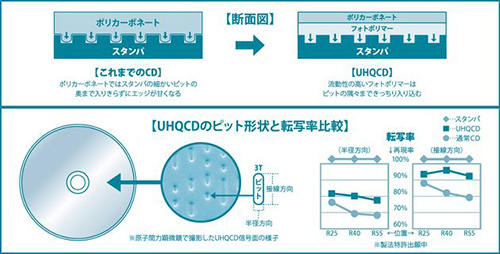 It's hard to be rough on an album with such a marvelous beauty to it. Nonetheless, the extremely attractive Sister Drum, which draws its inspiration from Tibetan music and settings, is on the hand a fantastic showcase for Dadawa herself and, in its own way, a travel document for the region that ignores its turbulent situation. A Chinese singer of some repute, Dadawa was approached by producer/songwriter He Xuntian to be the voice for his musical project exploring Tibetan work with an eye towards modern composition and recording. While it's a bit of a push, in ways Sister Drum is the Chinese equivalent of Enya's Watermark, an exquisite and atmospheric record drawing its roots from a non-mainstream cultural source. He's sense of arrangements is quite fine, mixing traditional Tibetan instrumentation with synths, electric guitars and technology while exercising a clear restraint throughout -- music and mood is suggested rather than fully spelled out. Indeed, there's a careful drama throughout Sister Drum that's lovely to hear and appreciate. Dadawa's vocals, sometimes full-bodied, sometimes hushed, meanwhile, suit the lonesome, meditative mood of the music, whether kept in the distance in the mix to increase the sense of soaring vistas or sitting squarely in the middle of the understated performances. When she's backed by a full choir on songs like "Sky Burial" and the soaring orchestral concluding piece "The Turning Scripture," the result is truly breathtaking. Evocative and wonderful as this album is, however, one can't help but feel that there's something troubling about it -- or more accurately, about the fact that the Chinese government's record on Tibet continues to be horrific while allowing this intentionally apolitical work to be created and marketed. The liner notes carefully emphasize questions of spirituality and native Tibetan beauty -- and it would be churlish to doubt Dadawa's sincerity regarding her lyrical sources and inspirations. Yet more than most albums, Sister Drum is one to enjoy while wondering about what hasn't been included as much as what has been. On its own a lovely triumph, in context something questionable still lingers. ~ Ned Raggett, All Music Guide
It's hard to be rough on an album with such a marvelous beauty to it. Nonetheless, the extremely attractive Sister Drum, which draws its inspiration from Tibetan music and settings, is on the hand a fantastic showcase for Dadawa herself and, in its own way, a travel document for the region that ignores its turbulent situation. A Chinese singer of some repute, Dadawa was approached by producer/songwriter He Xuntian to be the voice for his musical project exploring Tibetan work with an eye towards modern composition and recording. While it's a bit of a push, in ways Sister Drum is the Chinese equivalent of Enya's Watermark, an exquisite and atmospheric record drawing its roots from a non-mainstream cultural source. He's sense of arrangements is quite fine, mixing traditional Tibetan instrumentation with synths, electric guitars and technology while exercising a clear restraint throughout -- music and mood is suggested rather than fully spelled out. Indeed, there's a careful drama throughout Sister Drum that's lovely to hear and appreciate. Dadawa's vocals, sometimes full-bodied, sometimes hushed, meanwhile, suit the lonesome, meditative mood of the music, whether kept in the distance in the mix to increase the sense of soaring vistas or sitting squarely in the middle of the understated performances. When she's backed by a full choir on songs like "Sky Burial" and the soaring orchestral concluding piece "The Turning Scripture," the result is truly breathtaking. Evocative and wonderful as this album is, however, one can't help but feel that there's something troubling about it -- or more accurately, about the fact that the Chinese government's record on Tibet continues to be horrific while allowing this intentionally apolitical work to be created and marketed. The liner notes carefully emphasize questions of spirituality and native Tibetan beauty -- and it would be churlish to doubt Dadawa's sincerity regarding her lyrical sources and inspirations. Yet more than most albums, Sister Drum is one to enjoy while wondering about what hasn't been included as much as what has been. On its own a lovely triumph, in context something questionable still lingers. ~ Ned Raggett, All Music Guide
